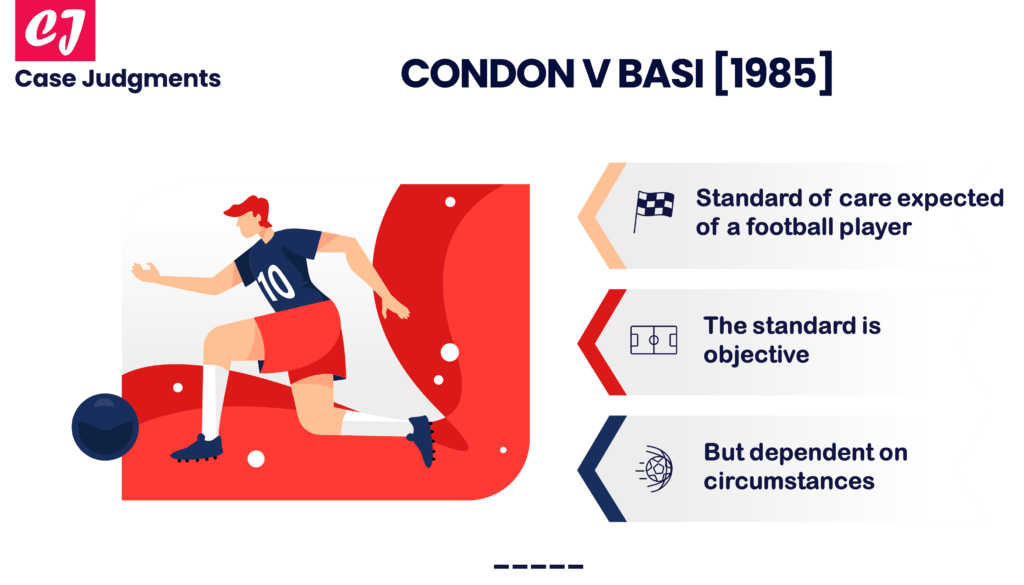
Day v High Performance Sports Ltd (2003)
Day v High Performance Sports Ltd (2003)
Negligence; Duty of care
Day v High Performance Sports (2003) is a tort law case in which the principles underlying the duty to attempt a rescue and the duty of care were looked into. The case concerns a reasonably experienced climber who fell off an indoor climbing wall and sustained injuries.
Facts of the case (Day v High Performance Sports)
At about a height of 25 to 30 feet up a climbing wall at the Castle Climbing Centre in Stoke Newington, the claimant, Affiong Day, became aware that she was not tied on. She was not properly secured (which was her responsibility). On discovering that she was not tied to her top rope, she had to be rescued by the duty manager. But the rescue attempt failed because the rescuer lost his grip on her. As a result of her fall to the ground, she sustained a very serious brain injury.
Issue
Were the defendants liable for negligence?
The decision of the Court in Day v High Performance Sports Ltd
There was no liability on the part of the rescuer because, according to the judges, the rescuer was “not to be judged on the same standards as those which would apply if he had time to consider all possible alternative courses of action.”
The court acknowledged that this was an emergency situation and found that the circumstances of the emergency had to be taken into account. In fact, the centre was one in which an emphasis was placed on safety, and employees were offered workshops on the matter. The court determined that the climbing centre had not breached its duty of care and had met the standard of care expected of a reasonably competent climbing centre.
Conclusion (in general)
When there is an emergency, the approach that the courts take is very practical because the courts want to encourage rescuers, but they also want to make sure that employers are not deterred from encouraging employees to conduct a rescue by the threat of being sued in negligence because they had not taken all reasonable precautions.
List of references:
- https://www.bourne-grammar.lincs.sch.uk/attachments/download.asp?file=1821&type=pdf
- https://qehslaw.files.wordpress.com/2013/10/upl011751-7ed73_aqa_law_as_student_book_2nd_edition.pdf
- https://www.tutor2u.net/law/reference/key-case-day-v-high-performance-sports-ltd-2003-negligence-breach-of-duty-social-utility-of-the-act
You might also like:
More from tort law:

